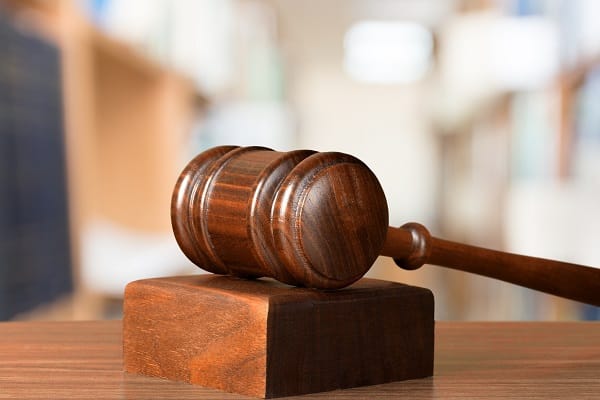Call For A Free Consultation
415-897-4801
Novato Corporate Office (Mailing Address):
10 Commercial Blvd #206 Novato, CA 94949
Offices Located In San Francisco, Oakland, San Jose, Walnut Creek, Pleasanton, Santa Rosa, Napa, Redwood City, Sacramento and Newark
Can You Recover Compensation For PTSD in a Personal Injury Case?

After being involved in an accident or suffering physical injuries, victims may develop post-traumatic stress disorder (PTSD), which is a complex mental health problem. People that develop PTSD can suffer from flashbacks, anxiety, and depression that can become so severe that it interferes with their lives. If you have been affected by this problem, you may be able to recover compensation for PTSD in a personal injury case. But, it’s not as easy as it may seem.
To prove a physical injury, plaintiffs can show X-rays, MRIs, CT scans, and lab reports, but proving PTSD is much more difficult. PTSD does not leave any visible wounds and there is no test that victims can take in order to prove that they have this serious mental health problem. Instead, victims must rely on testimony provided by expert witnesses in the mental health field. Preferably, the testimony should come from a mental health professional that has treated the victim.
The expert witness faces a number of challenges when trying to prove that the plaintiff has PTSD. First, the witness must prove that she is an expert in this field. This means going over her educational background, work experience, and any awards that she may have received for her work in the field. Without this information, the jury may not know if they can believe what she has to say or not.
Then, the witness must clearly explain the condition in case one of the jurors does not know much about it. The expert witness should review the causes, symptoms, and link between PTSD and tragic accidents before discussing the plaintiff’s condition. This will help the jury understand why it is believable that the plaintiff could have developed PTSD.
Finally, the expert witness needs to discuss the plaintiff’s condition. If the witness has treated the plaintiff, she should discuss the symptoms that the plaintiff has experienced and the impact these symptoms have had on the plaintiff’s life. Has the victim been unable to work? Has she started to distance herself from her loved ones? These details will help the jury comprehend the severity of the situation. She should also discuss how long the plaintiff may continue to experience these symptoms so the jury understands that they need to consider both current and future pain and suffering when calculating damages.
If an expert witness has not treated the plaintiff, she should review the plaintiff’s medical records and comment on whether or not her symptoms are indicative of PTSD.
It can be challenging to prove PTSD in a personal injury case, but a good personal injury attorney can help. James Rush at Rush Injury Law will help you recover as much compensation as possible for all of your injuries–even those that may not be visible. Contact our office by calling 415-897-4801 or filling out the online form on our website www.rushinjurylaw.com to request a free consultation.
Want A Free Consultation?
© 2024 Rush Injury Law. All Rights Reserved.














